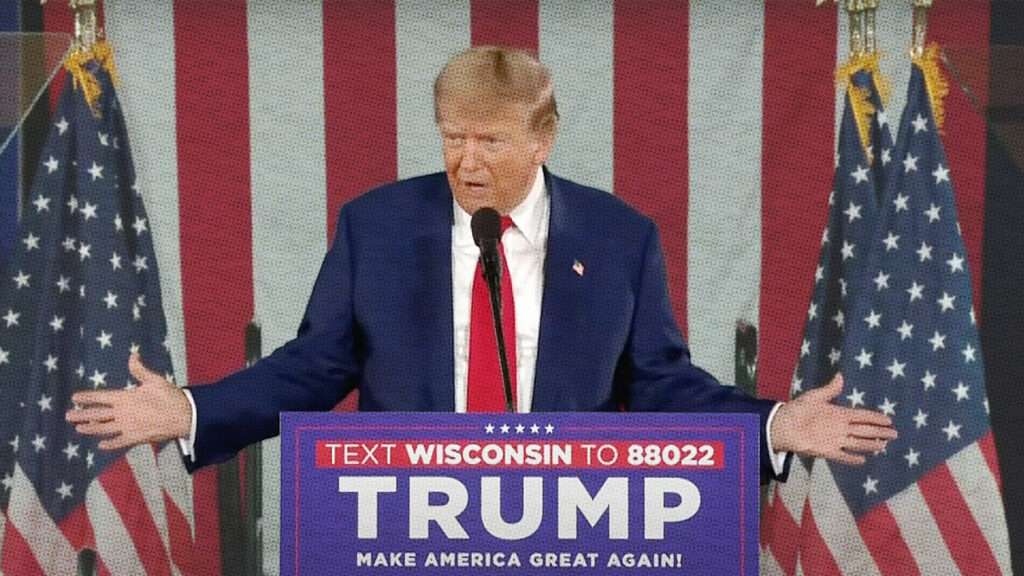Former President Donald Trump recently visited Wisconsin, a crucial battleground state in his political history. During his visit, he made some bold promises, including one to give more power to the police and grant them immunity from prosecution.
While law enforcement officers already hold significant power, Trump’s promise to enhance it raises questions. The idea of granting immunity from prosecution is more concrete, reflecting his stance on government accountability.
However, there are practical challenges. As president, Trump’s authority to grant immunity, especially in state court cases, is limited. Although he could influence federal prosecutions, state charges are independent. Charging someone in both state and federal court for the same offense raises constitutional concerns.
Trump’s promise also highlights his view on accountable government and whether powerful individuals should be held to lower standards. His opposition to limiting qualified immunity for law enforcement officers indicates a preference for shielding them from civil suits.
Despite concerns about potential lawsuits bankrupting police officers, research shows that governments usually cover damages in such cases. Trump’s pledge to indemnify officers against liability may overlook this fact or reflect a lack of understanding of the legal system.
Overall, Trump’s stance on law enforcement accountability raises questions about equal treatment under the law. While he aims to appeal to conservative voters, his approach to policing and immunity challenges traditional conservative values.





